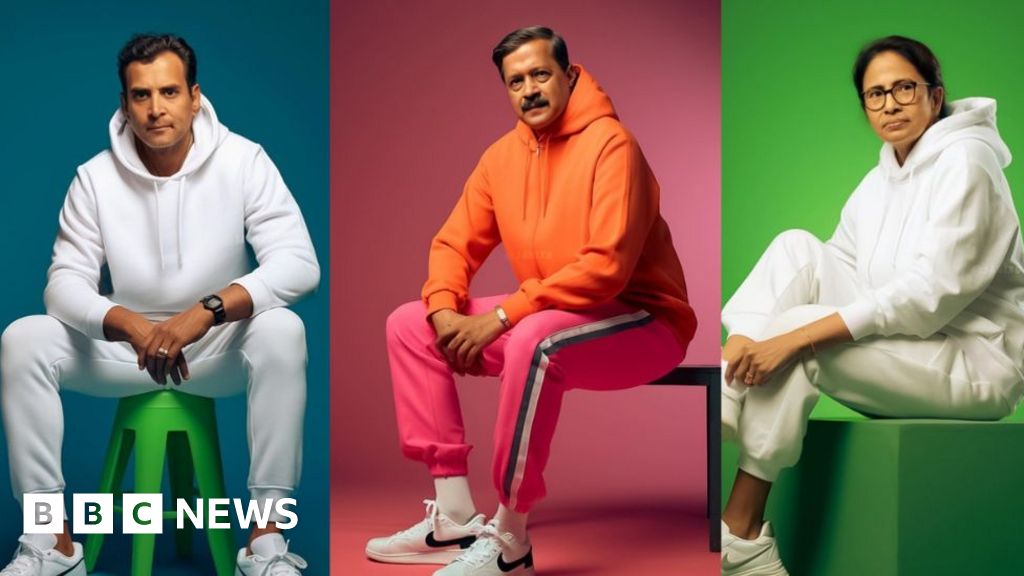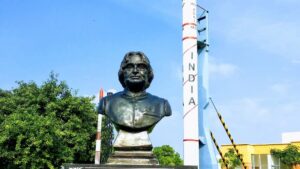AI, deepfakes and misinformation in India’s election

In November last year, Muralikrishnan Chinnadurai was watching a livestream of a Tamil-language event in the UK when he noticed something odd.
A woman introduced as Duwaraka, daughter of Velupillai Prabhakaran, the Tamil Tiger militant chief, was giving a speech.
The problem was that Duwaraka had died more than a decade earlier, in an airstrike in 2009 during the closing days of the Sri Lankan civil war. The then-23-year-old’s body was never found.
And now, here she was – seemingly a middle-aged woman – exhorting Tamilians across the world to take forward the political struggle for their freedom.
Mr Chinnadurai, a fact-checker in the southern Indian state of Tamil Nadu, watched the video closely, noticed glitches in the video and soon pinned it down to being a figure generated by artificial intelligence (AI).
The potential problems were immediately clear to Mr Chinnadurai: “This is an emotive issue in the state [Tamil Nadu] and with elections around the corner, the misinformation could quickly spread.”
As India goes to the polls, it is impossible to avoid the wealth of AI-generated content being created – from campaign videos, to personalised audio messages in a range of Indian languages, and even automated calls made to voters in a candidate’s voice.
Content creators like Shahid Sheikh have even had fun using AI tools to show Indian politicians in avatars we haven’t seen them in before: wearing athleisure, playing music and dancing.
But as the tools get more sophisticated, experts worry about its implications when it comes to making fake news appear real.
“Rumours have always been a part of electioneering. [But] in the age of social media, it can spread like wildfire,” says SY Qureshi, the country’s former chief election commissioner.
“It can actually set the country on fire.”
ai-deepfakes-and-misinformation-in-indias-election







